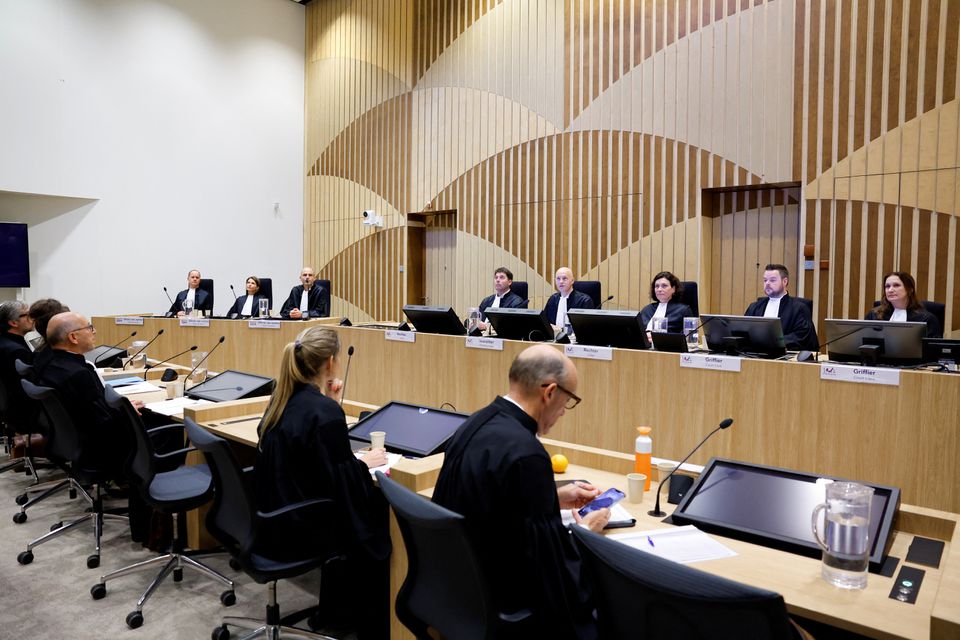AMSTERDAM, (Reuters) – A Dutch court said today that Malaysia Airlines flight MH17 was shot down in 2014 by a Russian-made missile fired from a field in eastern Ukraine and that Russia had overall control of separatist forces at the time when the plane was shot down.
The court is reading its ruling in the case of four men with links to Russia accused of mass murder for their alleged roles in the downing of the flight.
The MH17 passenger flight was shot down over eastern Ukraine on July 17, 2014, killing all 298 passengers and crew.
At the time, the area was the scene of fighting between pro-Russian separatist and Ukrainian forces, the precursor of this year’s conflict.
Victims’ representatives say the ruling will be an important milestone, though the suspects, all of whom face life sentences, remain fugitives. They are all believed to be in Russia, which will not extradite them.
Moscow denies any involvement or responsibility for MH17’s downing and in 2014 it also denied any presence in Ukraine.
Prosecutors say the suspects, three former Russian intelligence officers and a Ukrainian separatist military leader, helped arrange and transport a Russian army BUK missile system into Ukraine that was used to shoot down the plane.
They were charged with shooting down an airplane and with murder in a trial held under Dutch law. They could alternatively be convicted of manslaughter charges if judges at the Hague District Court find the act was not premeditated.
Phone call intercepts that formed a key part of the evidence against the men suggested they believed they were targeting a Ukrainian fighter jet.
Three of the men were tried in absentia and the fourth pleaded not guilty via lawyers he hired to represent him. None attended the trial.
Victims of MH17, which had been en route from Amsterdam to Kuala Lumpur, came from 10 different countries. More than half were Dutch.
The investigation was led by the Netherlands, with participation from Ukraine, Malaysia, Australia and Belgium.
The suspects are Russians Igor Girkin, Sergey Dubinskiy, and Oleg Pulatov; and Ukrainian Leonid Kharchenko.

